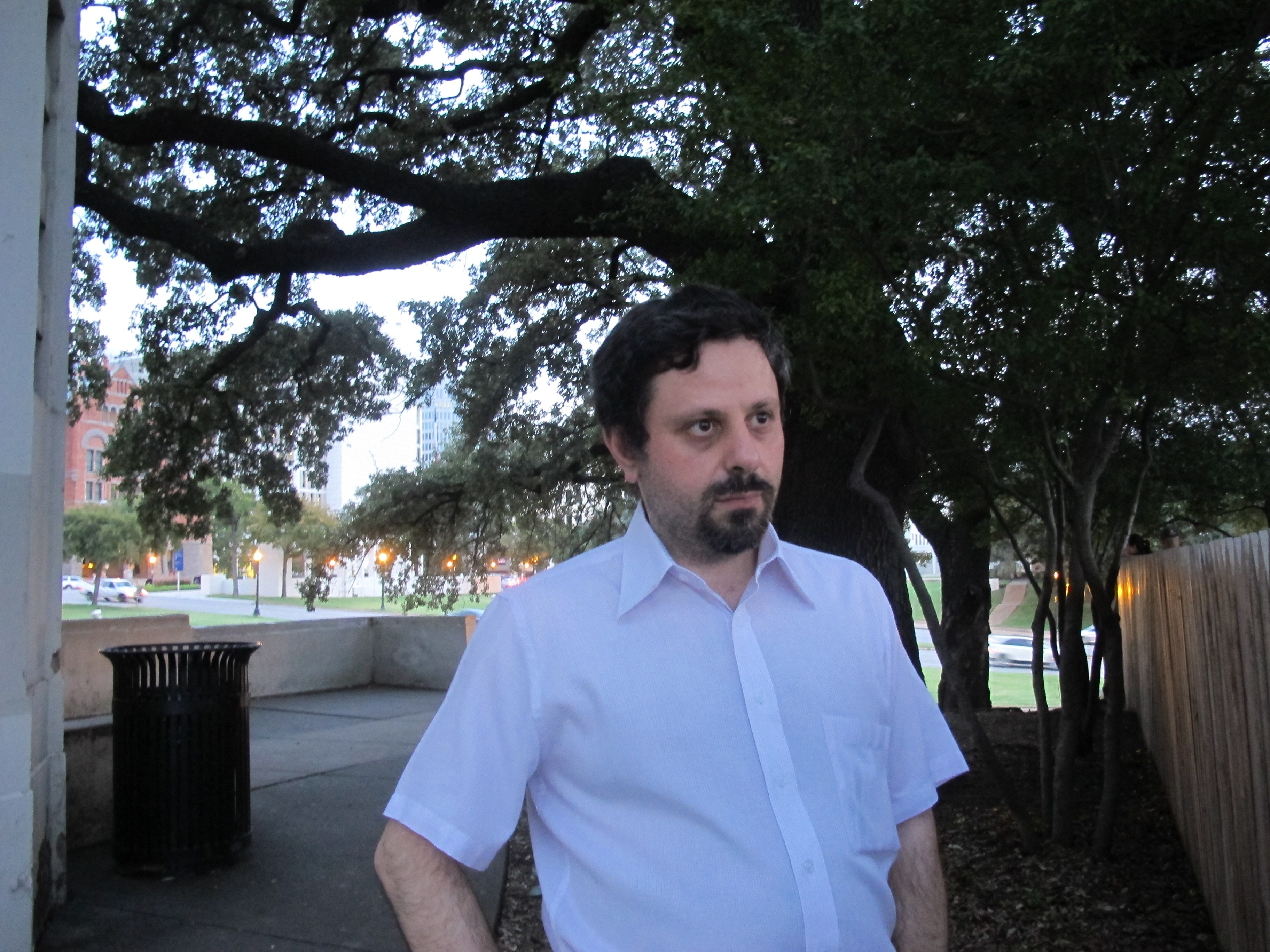Peter J. Wright is correct that it is [dɪsˈeinia], but doesn’t explain why. And I knew he was right, but I also confirmed that the first -a- in the Greek word ἀνία is short. So is the first -a- in the Greek μανία. So why is it a long a?
Traditional English pronunciation of Latin is why.
It’s a good read. It explains what streamlining was going through the heads of the people importing words from Greek and Latin into English. And why mania has a long a. (It’s because it was pronounced as ma-nya, making the stressed ma– the second last syllable—which is always long when open.)
And now, I want to decapitate an English teacher.
I am 45. I have a PhD in the humanities. I am a semi-Classicist. I have never seen these rules before. WHY WAS I NEVER TAUGHT THESE RULES IN MY SCHOOLING?!
Yes, we intuit the rules by analogy; that’s how we know how to pronounce written words in English in general. But given all the detritus thrown at me during my schooling, why, WHY, WHY was this two page guide never brought to my attention before?!
It’s a funny coinage, btw, dysania; the kind of inkwell word that noone actually uses in anger, and somehow ends up in some medical dictionary: Dysania. Ania is Homeric Greek for grief, anxiety; if you squint, and pay more attention to the adjective aniaros than the noun ania, maybe tedium. Ennui even.
Phobia of getting out of bed is a real thing if you’re depressed. (Shut up with your “hyuck hyuck, we just call it Mondays, hyuck hyuck.”) But dysania is a strange way of expressing it. Bad tedium? Bad grief? That’s all of depression.
And don’t get me started on dysania’s synonym, clinomania. No, people who are too depressed to get out of bed do not have an obsession with lying down.





